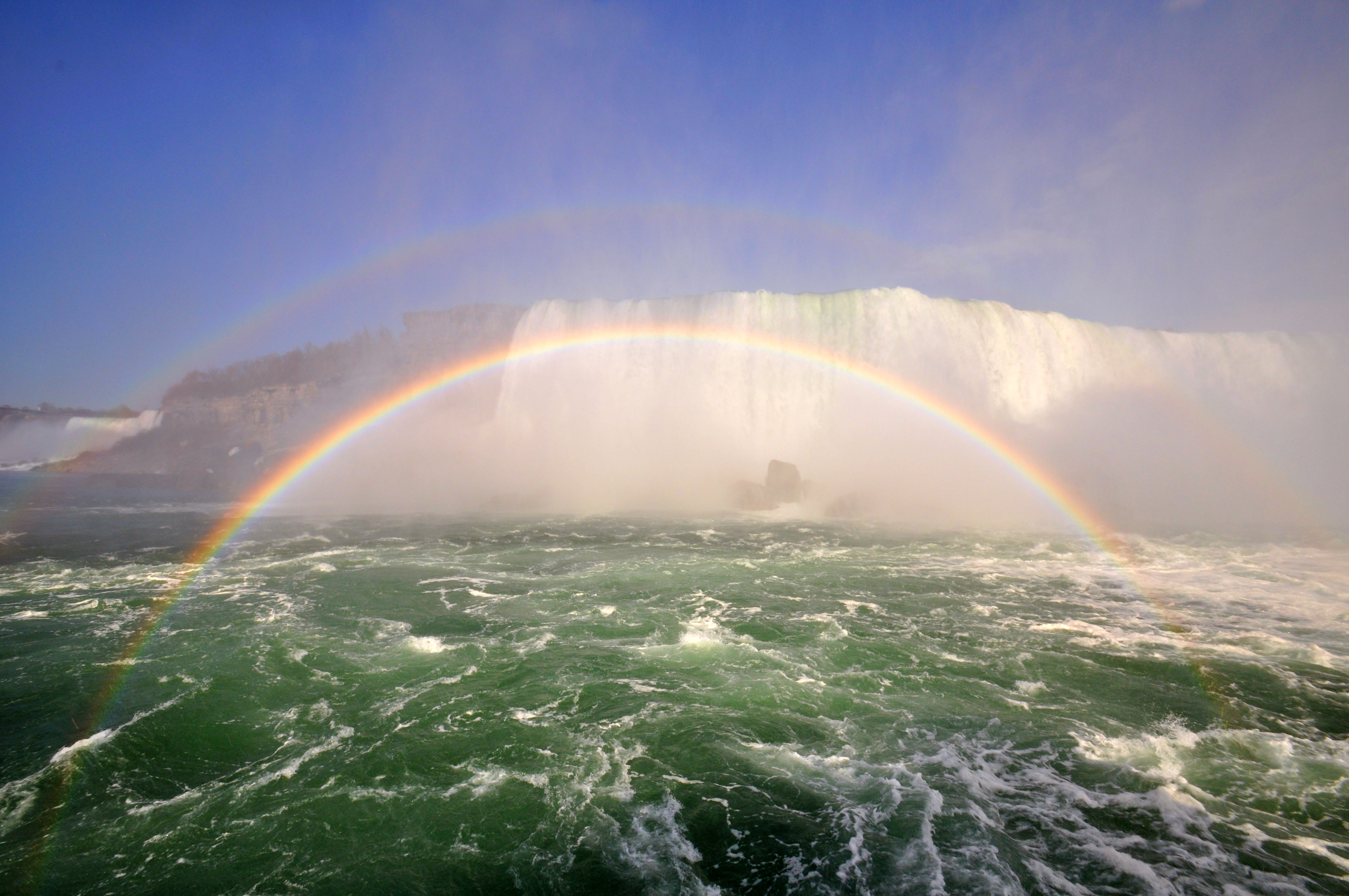Social media has provided great potential for connecting
with all kinds of people. However, the immediacy provided by these outlets is
available to predators as well. For instance many are vulnerable to the
practice of cyber-bullying in which the perpetrators, anonymously or even
posing as people their victims trust, terrorize individuals in front of their
peers by exposing embarrassing secrets or making public moral failures. Whether
it is cyber-bullying or traditional media coverage, our culture loves a juicy
and embarrassing story. In fact, embarrassing revelations often make the front
page of papers, magazines, or the top spot on TV coverage (see the embarrassing
revelations involving Anthony Weiner; Brett Favre; President Elect Trump,
etc.). Unfortunately, storylines like this are not limited to the rich,
powerful, or famous. The anonymity afforded online can bring out dark impulses
that might otherwise be suppressed even in grade school students.
Cyber-bullying has spread widely among youth, with 42% reporting that they have
been victims, according to a 2010 CBS News report. How are we to react to
stories like these? In what ways should Christians behave in a world that loves
to fling moral dribble around like it is silly-string at a teenager’s birthday
party?

Luckily, in a most unlikely place, there is an answer. In
the final recorded episode in Noah’s life (Gen. 9:18-29) we learn how we ought
to love those around us in spite of their sin/failures.
1. The Characters are
introduced-9:18-19
Verse 18 marks a transition to another phase of the
unfolding narrative of Genesis. In fact, Gen. 9:18-29 is the last installment
of the Toledot of Noah. Naturally,
Noah’s sons are going to be taking over as the figureheads of the coming
generations which is why they are figured prominently in verses 18ff, “Now the
sons of Noah who came out of the ark were Shem and Ham and Japheth; and Ham was
the father of Canaan” (9:18). Though they were secondary characters in Genesis
6-8, now they are beginning to take Noah’s place. However, not before one
unfortunate spectacle involving Noah and one of his sons along with his
descendants.
In an effort to foreshadow what is coming up, a new
character is introduced-Canaan—the forefather of an entire people group that would
eventually plague God’s people for many years.
However, for the time being, “these three were the sons of
Noah, and from these the whole earth was populated…” (9:19). All of the genetic
material necessary to yield all of the different people groups present on the
earth today was present in these three sons of Noah!
The information
storage capacity of DNA is vast; a microgram (one millionth of a gram) of DNA
theoretically could store as much information as 1 million compact discs. If
you put all the DNA molecules in your body end to end, the DNA would reach from
the Earth to the Sun and back over 600 times (100 trillion times six feet
divided by 92 million miles). If you
could type 60 words per minute, eight hours a day, it would take approximately
50 years to type the human genome. In spite of all of this, on average, in terms of DNA sequence, all humans
are 99.5% according to their DNA.
2. The Case of Drunkenness-9:20-21
After the introduction of these characters is made, Moses
makes us privy to what Noah has been doing with his time. After worshipping
God, Noah returned to what was once familiar to him—farming. Noah is said to
have planted a vineyard—“Then Noah began farming and planted a vineyard”
(9:20). (I’m sure some can sympathize with this, especially after reading about
all that he went through) J
. No doubt in part due to his old age,
Noah set about the task of cultivating the land while his sons—younger with
younger wives—set out to populate the planet.
However, what Noah is said to have done next proves to be an
unfortunate wine stain on an otherwise sterling record thus far—“He drank of
the wine and became drunk, and uncovered himself inside his tent” (9:21). While Noah was called righteous before (Genesis
6:9-“These are the generations of Noah. Noah was a righteous man, blameless in
his time; Noah walked with God”), here we learn that Noah was also human just
like everyone else. In a moment of weakness, Noah’s proves he is fallen.
Though wine is said to cheer the heart (Ps. 104:15) and
alleviate the pain of the curse (Prov. 31:6), it is also clear that it can
potentially incur disturbing effects. Here, as a result of his actions, Noah
lay drunk and naked in his tent. While this might seem like a relatively minor
offense, intoxication and sexual looseness were (and continue to be) hallmarks
of pagan life—the kind of life that upset God earlier. Unfortunately, this
story proves that although mankind was given an opportunity to start anew, he
was still in dire straits. This was not the best way to start off in the new
world.
To make matters worse, Noah’s failure, paved the way for
others to stumble as well. This we see in the next part of this passage as
certain choices are made in response to this unfortunate display of lethargy.
3. The Choices are
Made-9:22-23
How Noah’s sons react to this his indecency separates this
family tree for generations to come. The first choice described for us is Ham’s
choice to look upon his father’s nakedness—“Ham, the father of Canaan, saw the
nakedness of his father, and told his two brothers outside…” (9:22). The role
of Ham has historically been compared to the serpent who was instrumental in
exposing the nakedness of Adam and Eve. Here, Ham exposes his father’s
nakedness to his brothers. While Adam was clothed by God out of grace, Ham
withholds such grace and dignity from his father by leaving him exposed.
However, what does it mean to look upon “the nakedness of
his father” and why is this such a big deal? Ham’s reproach was not in seeing
his father unclothed, but in his willingness to gleefully gossip about it to
others. Elsewhere (see 2:25; 3:7), nakedness is viewed as shameful in Hebrew
culture. In fact, specific ordinances spoke against exposing oneself (Ex.
20:26; 28:42) as nakedness was commonly associated with public misconduct (Ex.
32:25). Add to this the fact that insulting one’s parents in the ancient world
was a serious matter that even warranted the extreme penalty of death, then one
can apprehend just how grievous Ham’s actions were here. Ham made an already
bad situation worse.
Just stop for a moment to reflect upon this. Gossip and
failure to help someone who is obviously in need, even if they are in the
wrong, is a big deal to God—so big that in a few moments a curse is going to be
issued. We ought to think about this the next time we happily spread secrets or
eagerly expose the faults of others. God is not impressed by such actions. In
fact, it is appalling.
Instead, one ought to look at the second choice made in this
passage—introduced by the “but” in verse 9:23. “But Shem and Japheth took a
garment and laid it upon both their shoulders and walked backward and covered
the nakedness of their father; and their faces were turned away, so that they
did not see their father’s nakedness…” (9:23). In other words, Noah’s other
sons—Shem and Japheth—dealt with an already bad situation in a respectful and
discreet way. These were not eager to take a funny selfie with their dad in the
background to spread all over instagram. These were not videoing their snoring and
naked Father and putting it on snapchat. These were not seeking a response from
their friends on facebook after creating a post at the old man’s expense.
Rather than exploit a moment of weakness for their own good pleasure, they
helped in the best way they knew how, making an already bad situation better.
This is the proper response to people in grievous sin. In
fact, it is what we see modeled in the life and ministry of Jesus. Jesus dealt
with Zaccheus in the privacy of his home. Jesus spoke to the women at the well
privately. Jesus often rebuked his disciples one-on-one. Jesus met Nicodemus
under the cover of darkness. Shem and Japheth chose the better option—an option
not always chosen in today’s world.
3. The Curse is
Issued-9:24-27
Next, “Noah awoke from his wine” and “knew what his
youngest son had done to him…”(9:24). This is euphemistic way of saying that
Noah sobered up. When the old man finally came to, he eventually learns of
Ham’s decision. Imagine his embarrassment and contempt!
Filled with indignation “he said, ‘Cursed be Canaan, a
servant of servants He shall be to his brothers’…”(9:25). Now, hold on a
minute! Was not this partly Noah’s own fault for getting drunk and naked in the
first place? Who is Noah to call down condemnation on Ham? After all, Mosaic Law
makes clear that a person received punishment for his own crimes, not another’s
(Deut. 24:16; Ezek. 18). These questions are easily answered when we consider
the fact that the curse and blessing Noah offers here is given as an invocation
to the Lord. In other words, it is Noah’s desire for Ham and his descendants
(represented by Canaan), to be cursed for what Ham had done.
Cursing a family because of the figureheads' failure is not
new. After all, humanity suffers under Adam’s curse. Not only that, but Hebrew
theology recognized that due to parental influence, future generations
typically committed the same acts as their fathers whether good or bad.
Therefore, it makes sense for Noah to curse Ham in this way. “…the imprecation
was spoken against future generations of Canaanites who would suffer
subjugation ‘not because of the sins of Ham, but because they themselves acted
like Ham, because of their own transgressions” (Cassuto, 155).
In contrast to what is dealt Ham, Noah blesses those sons
who did their best to help Noah in his time of failure—“’Blessed be the Lord,
the God of Shem; and let Canaan be his servant. May God enlarge Japheth, and
let him dwell in the tents of Shem; and let Canaan be his servant” (9:26).
While Ham, Shem, and Japheth had enjoyed equal standing up to this point and
co-equal founders of the renewed human race, Noah calls for a new dynamic. Some
would now be servants to others, no doubt creating an opportunity for all kinds
of power struggles, inferiority complexes, and familial strife within the human
race. Shem and Japheth were awarded with special prominence and prestige while
the people of Canaan (Ham’s family) were reduced to servants.
I’m sure that Ham would have loved to take back his
carelessness!
4. The Conclusion of
Noah’s Life-9:28-29
This is not the kind of episode you would like to have as
the final scene in your life’s story. However, the conclusion offered in vv. 28-29
suggest just this for Noah—“Noah lived three hundred and fifty years after the
flood. So all the days of Noah were nine hundred and fifty years” (9:28-29).
This concluding remark on Noah’s generation wraps up what began in 6:9.
Genesis 6:9-“These are the records of the generations
of Noah. Noah was a righteous man, blameless in his time; Noah walked with
God.”
What began on a high note ends on a relatively low one. This
illustrates that it is not always how one begins, but how one ends. True, there
is so much one can learn from what Noah did and his amazing faith in God. True,
his obedience is nothing short of inspiring. However, this sobering episode
illustrates that even the greatest among us, in moments of weakness, are
capable of anything. Oh that we would never be too proud that we believe
otherwise!
So What?
However, I believe that the moral of this final story in
Noah’s life is more about the choices made by his sons and the real-life
applications there are in our world today. We live in a world that is drunk and
constantly exposing themselves in indecent ways both figuratively and, in some
cases, even literally. Nearly everywhere you look, there is something to make
fun of or a juicy piece of information just waiting to be shared. However, God
is not pleased when His people endorse humor at the expense of others or
exacerbate situations that bring others down. In a world where people love
little more than to see the mighty fall (capturing it on their phones,
spreading it around on social media or the news, and laughing at those who have
been beaten), God’s people are to be those who react in love and respect. In a
culture that flings mud and draws a spotlight to the failures of others, God’s
people are to be those who seek to help those who are exposed and cover the
indecent with grace. I’ll never forget a statement made many times by a mentor
of mine at Liberty—“Often those who need love the most are those who deserve it
the least” (Dwayne Carson). In our country that is tearing itself apart following
this election and drawing more lines of division—doing all that they can to
undermine the opposition and humiliate others—we must behave in a way that is
deserving of God’s blessing. Like God, we must provide coverings to the naked
and like Jesus, we must point the way to grace in love. After all, this is
exactly what Christ did for us.


